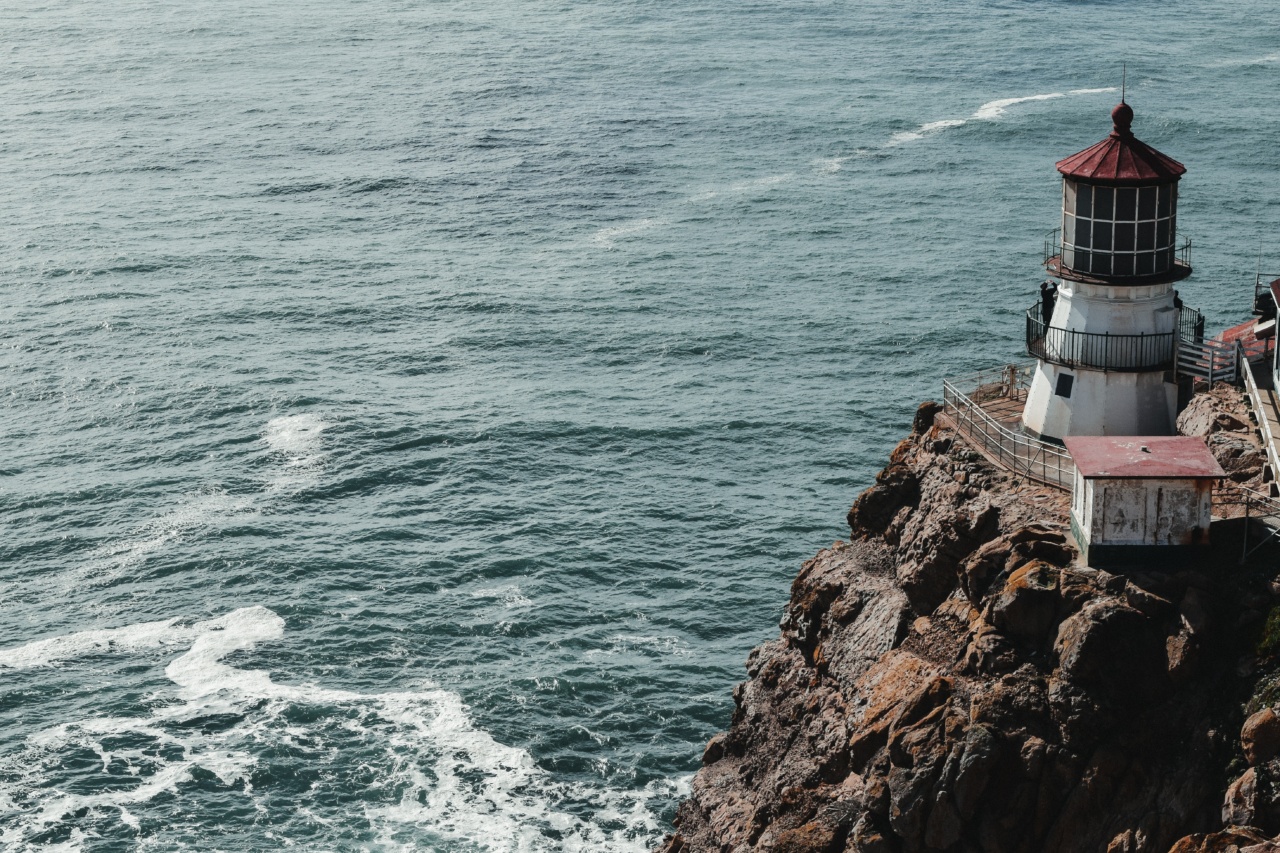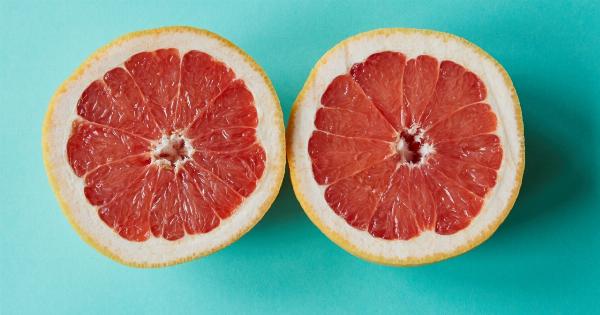Kidney stones and bile stones are two common types of stones that can develop in the body. They can cause significant pain and discomfort, and if left untreated, they can lead to serious health complications.
In this comprehensive guide, we will explore what kidney stones and bile stones are, what causes them, how to prevent them, and how they are treated.
What are Kidney Stones?
Kidney stones are solid masses that form in the kidneys or urinary tract. They can be as small as a grain of sand, or as large as a golf ball. Kidney stones are made up of various substances, including calcium, oxalate, and uric acid.
When these substances build up in the kidneys, they can form crystals that eventually clump together and form a stone.
What are Bile Stones?
Bile stones, also known as gallstones, are solid masses that form in the gallbladder. The gallbladder is a small organ located under the liver, which stores bile – a digestive juice produced by the liver.
Bile stones are usually made up of hardened cholesterol or bilirubin. They can be as small as a grain of sand, or as large as a golf ball.
What Causes Kidney Stones?
There are many factors that can contribute to the formation of kidney stones, including:.
- Dehydration
- A diet high in sodium, sugar, or animal protein
- A family history of kidney stones
- Being overweight or obese
- A sedentary lifestyle
- Certain medical conditions, such as gout or inflammatory bowel disease
- Certain medications, such as diuretics and calcium-based antacids
What Causes Bile Stones?
The exact cause of bile stones is unknown, but there are several risk factors that can increase a person’s likelihood of developing them. These include:.
- A family history of bile stones
- Being female
- Being over the age of 60
- Being overweight or obese
- A diet high in fat and cholesterol
- Certain medical conditions, such as diabetes and liver disease
- Certain medications, such as those used to lower cholesterol
What are the Symptoms of Kidney Stones?
Kidney stones can cause a range of symptoms, including:.
- Sharp pain in the back, side, or lower abdomen
- Painful urination
- Frequent urination
- Blood in the urine
- Nausea and vomiting
- Fever and chills (if an infection is present)
What are the Symptoms of Bile Stones?
Bile stones can cause a range of symptoms, including:.
- Pain in the upper right abdomen
- Pain that spreads to the back or right shoulder blade
- Nausea and vomiting
- Fever and chills (if an infection is present)
- Yellowing of the skin and whites of the eyes (if the bile ducts become blocked)
How are Kidney Stones Diagnosed?
If you are experiencing symptoms of kidney stones, your doctor will likely order one or more diagnostic tests, including:.
- Ultrasound
- X-ray
- CT scan
- Urinalysis
How are Bile Stones Diagnosed?
If you are experiencing symptoms of bile stones, your doctor will likely order one or more diagnostic tests, including:.
- Ultrasound
- CT scan
- Magnetic resonance cholangiopancreatography (MRCP)
- Endoscopic retrograde cholangiopancreatography (ERCP)
How are Kidney Stones Treated?
The treatment for kidney stones depends on the size and location of the stone, as well as the severity of symptoms. Treatment options include:.
- Drinking plenty of fluids to help flush out the stone
- Pain medication to manage discomfort
- Medication to help dissolve the stone
- Surgical removal of the stone (in severe cases)
How are Bile Stones Treated?
The treatment for bile stones depends on the size and location of the stone, as well as the severity of symptoms. Treatment options include:.
- Observation and monitoring (if the stones are small and not causing symptoms)
- Pain medication to manage discomfort
- Medication to help dissolve the stones
- Surgical removal of the gallbladder (in severe cases)
How Can You Prevent Kidney Stones?
There are several lifestyle changes you can make to lower your risk of developing kidney stones, including:.
- Drinking plenty of fluids (at least 8 cups per day)
- Eating a balanced diet that is low in sodium, sugar, and animal protein
- Getting regular exercise
- Avoiding excess alcohol and caffeine
How Can You Prevent Bile Stones?
There are several lifestyle changes you can make to lower your risk of developing bile stones, including:.
- Eating a balanced diet that is low in fat and cholesterol
- Maintaining a healthy weight
- Getting regular exercise
- Avoiding rapid weight loss
Conclusion
Kidney stones and bile stones can cause significant pain and discomfort, but with proper diagnosis and treatment, most people make a full recovery. Making simple lifestyle changes can also help lower your risk of developing these stones.
If you are experiencing symptoms of kidney stones or bile stones, it is important to speak with your doctor to determine the best course of treatment.






























